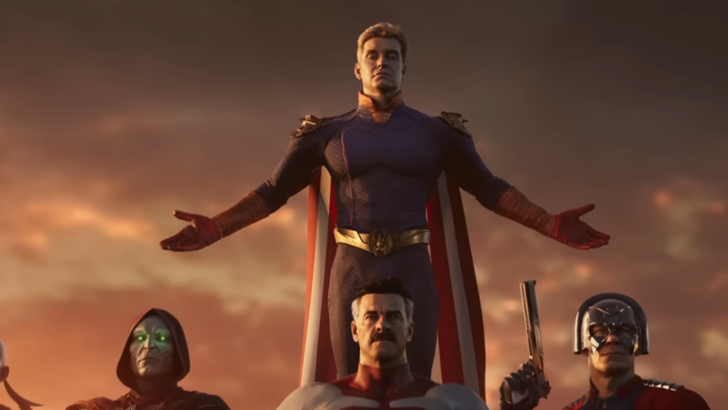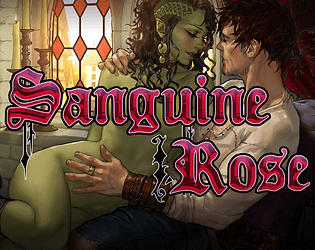The Screen Actors Guild - American Federation of Television and Radio Artists (SAG-AFTRA) has recently updated its members on the ongoing negotiations regarding AI protections for video game actors. While some progress has been made, SAG-AFTRA acknowledges that significant differences still exist between their proposals and those of the video game industry bargaining group, which represents major AAA gaming companies. Here's a detailed look at the key issues:
- Protection from AI Use: SAG-AFTRA seeks protection from digital replicas and generative AI for all past and future work, whereas the bargaining group only wants to apply this to work produced after the agreement's effective date.
- Definition of "Digital Replica": The guild proposes that any performance, whether vocal or movement, that is "readily identifiable or attributable to" a performer should be included. In contrast, the bargaining group prefers "objectively identifiable," which SAG-AFTRA argues would allow employers to exclude many performances.
- Inclusion of Movement Performers: SAG-AFTRA wants to include "movement" performers in the AI agreement, a point not addressed by the bargaining group.
- Terminology for AI-Generated Performances: The guild suggests "real-time generation," while the bargaining group uses "procedural generation," which SAG-AFTRA claims has a different meaning in the gaming context.
- Disclosure Requirements: SAG-AFTRA insists on disclosures regarding the blending of voices for digital replicas and the use of voices in real-time chatbots versus scripted dialogue. The bargaining group has not agreed to these requirements.
- Consent During Strikes: SAG-AFTRA proposes withdrawing consent for digital replica use during strikes, while the bargaining group wants to continue using them, even on struck games.
- Duration of Consent for Real-Time Generation: The guild suggests a five-year limit on consent, with renewal required thereafter. The bargaining group seeks unlimited consent.
- Compensation for Digital Replicas: There are disagreements on minimum payments for creating and using digital replicas, although tentative agreements have been reached on bonus pay calculations.
- Bonus Rights: The bargaining group proposes a system similar to the SAG-AFTRA TV/Film agreement, granting employers bonus rights in exchange for a premium. SAG-AFTRA finds the current proposal too broad and potentially circumventing union rights.
- Tracking Digital Replica Use: SAG-AFTRA wants a tracking system to ensure performers are paid appropriately, which the bargaining group deems infeasible and is only willing to discuss as a possibility.
- Definition and Regulation of Synthetic Performers: Specific definitions and regulations around characters created entirely by generative AI systems are still under contention.
Despite these differences, tentative agreements have been reached on several issues, including bonus pay, dispute resolution, certain minimum compensations, consent requirements, and some disclosures. However, SAG-AFTRA's national executive director and chief negotiator, Duncan Crabtree-Ireland, has expressed concern that the bargaining employers are misleading members about the proximity of a deal.
In response, Audrey Cooling, spokesperson for the video game industry bargaining group, highlighted their proposal, which includes over 15% wage increases, enhanced health and safety protections, and additional compensation for AI digital replicas used in other games. They are eager to return to negotiations to finalize an agreement.
The SAG-AFTRA video game strike, now in its eighth month, was triggered by disagreements over AI provisions, despite 24 out of 25 other contract proposals being agreed upon. The impact of the strike is becoming increasingly visible, with unvoiced NPCs in games like Destiny 2 and World of Warcraft, and recasting in games like League of Legends and Call of Duty: Black Ops 6. Most recently, two voice actors from Zenless Zone Zero discovered their replacements through patch notes.
This ongoing dispute highlights the critical need for clear and fair AI protections in the video game industry, ensuring performers are not exploited and are fairly compensated for their work.
















